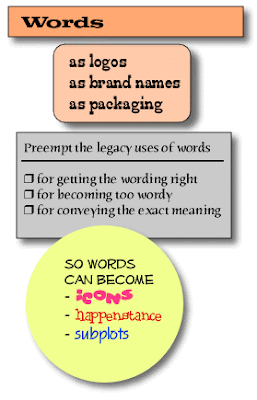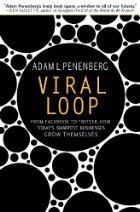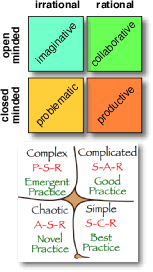
This week I've been exploring Prezi software and pondering its implications on our uses of words. It appears perfect to me for heralding in post print literacy.




We're basking in mutual respect as each one of us respects ourselves deeply and treats others to that same respect. Likewise, we trust ourselves to deliver on our promises, find solutions to problems and value others in ways that put us on very solid ground. We find we have the basis to trust others embodying a trust of themselves and stand our ground when that trust gets violated.We're enjoying receiving the attentions of open minds that approach us with curiosity. We see that we are showing up to others as possibilities to explore, mysteries to delve into and stories to follow along. Likewise, we are wondering about the significance of encounters, fascinated by the nuances in what's occurring and thrilled by the common ground that's emerging among us.We eager to reveal our unresolved issues and complex decisions still in progress. We seek input into our lingering questions in need of reformulation and disturbing observations that could benefit from other viewpoints. We encounter the same transparency and happily recognize ways to lend a hand, offer support and share experiences with others. We find we are "talking with" instead of "talking at" and learning as much by giving as by receiving insights.We're immersed in intrinsic rewards, motivations and significance. We run deep when asked "why we're here?", "what we're up to?" or "how we're experiencing this occasion?". We're noticing how these unfolding incidents seem perfectly timed, revelatory or responsive to previous requests. We're enchanted by encountering the same richness and depth in the others. We're finding there is so much to explore beyond "who said what to whom" when these realms of subtle meaning enter into the conversation.




